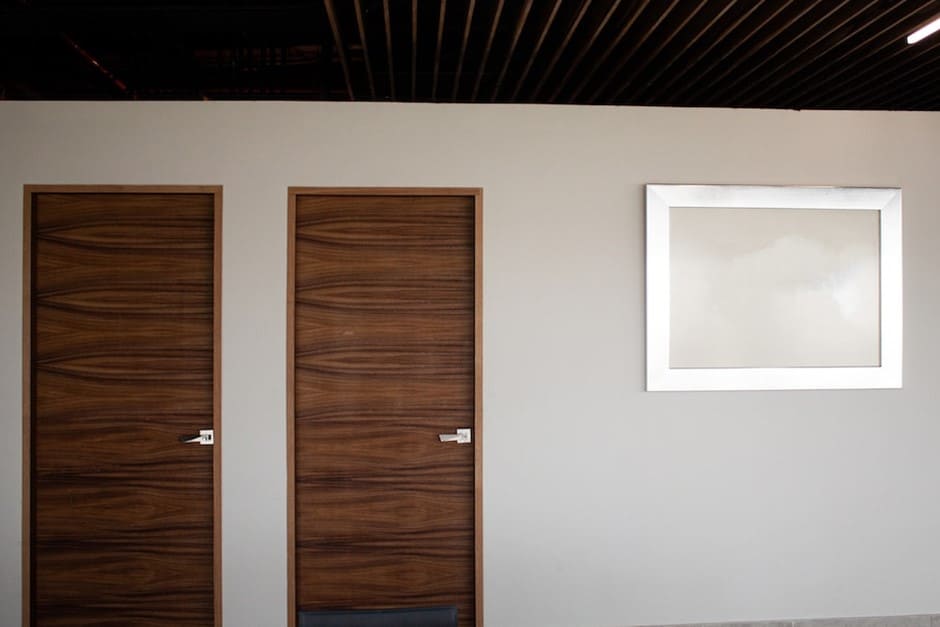Interior doors generally see a lot of activity. Every time home occupants enter or leave a room, interior doors experience wear and tear. This takes a toll on the doors over time, making them look older. Unfortunately, most homeowners prioritize adding a new coat of paint or replacing the floor when planning their home renovation projects. Most homeowners overlook this, but interior door upgrades significantly improve every room’s functionality, appearance, and value. If you are skeptical about replacing your interior doors during interior renovation, consider the following benefits.
1. Better Interior Design Consistency
Contents
Some homes and commercial buildings, especially older structures, have interior doors that don’t match. This often occurs due to incomplete renovations or if the previous owner didn’t complete their plans of changing all the doors to their adopted style. Regardless, you should consider upgrading your interior doors with quality doors from Doors Plus for design consistency.
Note that interior doors shouldn’t necessarily be identical to achieve a cohesive appearance, as you can match them using door casings. For instance, if you choose French doors for your bedroom, pocket doors for the kitchen, and sliding doors for closets, using the right casings can make them appear uniform. You can also use door casings to match design styles for a consistent feel throughout your home.
2. Energy Efficiency
Most homeowners underestimate the influence of new interior doors on energy efficiency. Interior doors influence your home’s energy efficiency in two main ways. First, solid or insulated doors provide an excellent seal. You should consider using such doors to seal off rarely used rooms, such as guest rooms and the basement. To improve energy efficiency, HVAC vents to such rooms should also be sealed when not in use to reduce heating needs.
Secondly, you should upgrade your interior doors leading to the bathroom and other rooms that need continuous airflow to options that leave two or three-inch gaps to improve energy efficiency. Changing the layout of your interior doors and other energy-saving options improves your home’s sustainability.
3. Privacy and Security
It is certainly frustrating if sound and communication can easily pass through from one room to another. Your activities in the living room or bedroom can disturb other people sharing the same house. While most homeowners blame thin walls, interior doors are the real culprit. Most homes have interior doors with hollow cores and gaps at the bottom, which make it easy for sound to pass through.
Replacing such doors with solid and insulated doors muffles sound and prevents noise transfer between rooms, assuring better privacy. Most homeowners focus on exterior doors for their security. However, interior doors have an important role in securing your rooms. You should use solid doors and locks that make it difficult for intruders to break through.
4. Increases Home Value
You should find various ways of increasing your property value if you plan to sell it later. Replacing interior doors is among the many affordable ways of increasing home value. While the ROI or value gained depends on various factors, new doors provide an aesthetic look and complete indoor functionality. These are enough reasons for potential buyers to cough out more for the property.
5. Personalized Theme and Style
Upgrading interior doors also allows homeowners to customize the theme and style of their homes. You can choose from endless options depending on your preferred styles. For instance, some homeowners prefer a plain style with generic doors and casing, while others like a rustic cabin theme. Some homeowners make these changes to match door and window designs. Below are a few factors to consider when upgrading your interior doors to suit your theme and style:
- Colors – Color is undoubtedly the first thing to consider when choosing new interior doors. Colors have an impact on the overall mood and impression of a room. Interior designers suggest that homeowners should approach color scheme selection using one of the three main approaches, which include tonal, complementary, or harmonious options. Interior doors are a vital starting point for your interior color scheme. For instance, if you choose wooden doors, use colors that bring out the quality of your wooden doors.
- Flooring – Most homeowners don’t know, but doors and floors impact each other. Doors can affect your choice of flooring. For instance, black floors can flatten the room unless you choose doors with light colors to balance them out.
- Texture – You should also consider the texture when choosing your interior design. The right texture can add depth and dimensions to rooms if used correctly. Your choice of interior doors determines other materials used in interior design. For instance, nicely finished timber reflects light, making a room appear brighter.
Endnote
Most people replace their interior doors only when they are outdated, damaged, or not properly functional. However, interior door replacement should be part of your regular home improvement projects. New doors rejuvenate your interior, improve energy efficiency, and boost property value and security.
